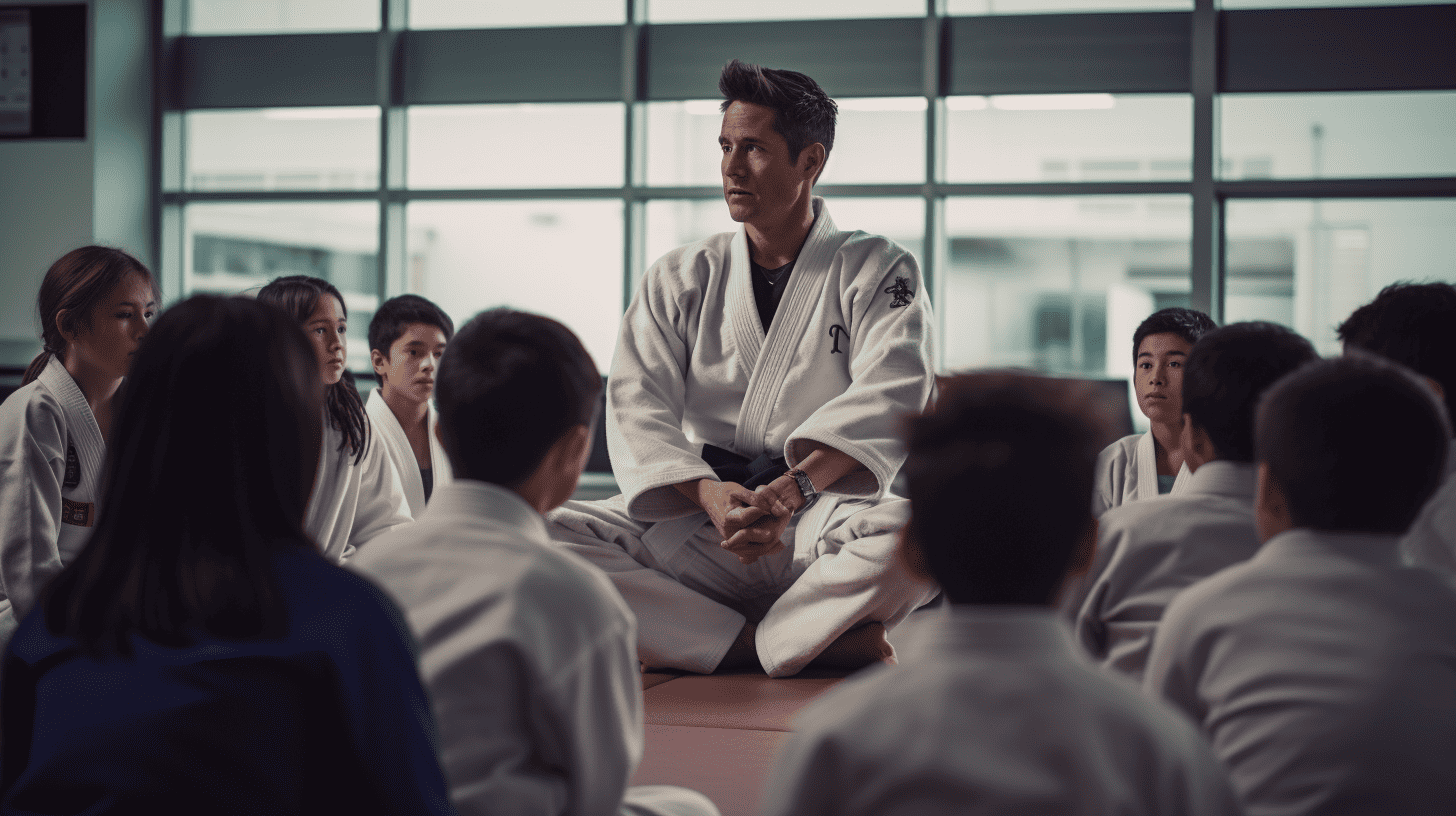Wondering how often you should train in martial arts in order to see real progress? It’s a common question for beginners and even experienced practitioners alike. The answer depends on a variety of factors, including your experience level, the intensity of your training, and your overall goals. In this blog post, we’ll explore how often you should be hitting the mats or the gym in order to maximise your martial arts development.
Key Takeaways:
- Consistency is key: Regular training is essential for seeing progress in martial arts. Aim to train at least 2-3 times per week to see noticeable improvements in your skills and techniques.
- Vary intensity and duration: Mix up the intensity and duration of your training sessions to keep your body and mind challenged. Incorporate both longer, more endurance-focused sessions and shorter, high-intensity workouts for well-rounded progress.
- Listen to your body: Pay attention to your body’s signals and be mindful of overtraining. It’s important to allow for rest and recovery days to prevent injuries and burnout, which can hinder progress in the long run.
- Set specific goals: Establish clear, achievable goals for your martial arts training and tailor your frequency and intensity of training to align with these objectives. Regularly reassess and adjust your training plan as you progress.
- Seek guidance from a mentor: Consult with your martial arts instructor or a seasoned practitioner to develop a training schedule that suits your individual needs and goals. Their expertise can help you make the most of your training frequency and intensity for optimal progress.
Frequency of Training
When it comes to martial arts training, the frequency of your training sessions plays a crucial role in your progress. It’s important to find the right balance in order to see significant improvements in your skills. To help you determine the optimal training frequency, let’s take a closer look at some key factors to consider.
Recommended Training Frequency for Beginners
For beginners, it’s recommended to train in martial arts at least 2-3 times per week. This frequent practice allows you to build a strong foundation and gradually improve your techniques. By training regularly, you will reinforce the fundamental movements and develop the necessary muscle memory. Additionally, frequent training sessions help you to familiarise yourself with the discipline and its principles. Remember, consistency is key when you are just starting out, so make sure to allocate time in your schedule for regular training sessions.
How Frequency Changes with Expertise Level
As you progress in your martial arts journey and gain more expertise, you may find that increasing the frequency of your training sessions could be beneficial. Once you have mastered the basics and developed a solid understanding of the techniques, you can consider training 4-5 times a week to further hone your skills. This increased frequency allows you to focus on refining your movements, sparring, and mastering more advanced techniques. However, it’s important to listen to your body and avoid overtraining, as this could lead to injuries and burnout. Finding the right balance as you advance in your martial arts practice is essential for continued progress and success.
Is doing one type of martial arts once a week sufficient?
Balancing Martial Arts Training with Rest
When it comes to making progress in martial arts, finding the right balance between training and rest is essential. While regular and consistent training is crucial for improvement, it’s equally important to allow your body the necessary time to rest and recover. In this chapter, we’ll explore the significance of rest in martial arts training, as well as the signs that indicate you may be overtraining.
Understanding the Need for Rest in Martial Arts Training
Rest is often undervalued in martial arts training, but it plays a critical role in allowing your body to recover and adapt to the physical demands of your practice. When you train, you’re essentially breaking down muscle fibres and putting stress on your body. Rest periods allow your muscles to repair and grow stronger, which is essential for progress and preventing injury. Without adequate rest, you may experience diminished performance, increased fatigue, and a higher risk of overuse injuries. Incorporating rest days into your training schedule is essential for long-term success in martial arts.
Signs You May Be Overtraining
Overtraining can have detrimental effects on your progress and overall well-being. It’s important to recognise the signs of overtraining, as pushing yourself too hard can lead to a host of negative outcomes. Common indicators of overtraining include persistent fatigue, decreased performance, increased susceptibility to illness, irritability, and disrupted sleep patterns. If you experience any of these symptoms, it’s crucial to adjust your training schedule and prioritise rest to avoid further complications.
Methods to Maximize Training Effectiveness
When it comes to seeing progress in martial arts, the key lies not only in how often you train but also in the effectiveness of your training sessions. By implementing certain methods and approaches, you can maximise the benefits of your training and accelerate your progress.
Training Tips for Faster Progress in Martial Arts
If you want to see faster progress in your martial arts training, there are several tips you can follow to make the most of your time on the mats. Firstly, set clear and achievable goals for each training session and work towards them with focus and determination. Additionally, make sure to incorporate varied and challenging drills into your training routine to continuously push your limits and improve your skills. Last but not least, remember to consistently review and refine your techniques and strategies to eliminate any weaknesses and further enhance your strengths. Knowing what to focus on and how to approach your training can significantly speed up your progress.
The Role of Consistency and Discipline
Consistency and discipline are crucial factors when it comes to making progress in martial arts. By consistently prioritising your training and making it a regular part of your routine, you create the foundation for improvement. Moreover, discipline in your approach to training, such as showing up regularly, staying focused during sessions, and pushing through the tough moments, will directly impact how quickly you see results. Consistently and disciplined training habits will not only accelerate your progress but also help you build a strong and resilient mindset essential for martial arts mastery.
Concluding Thoughts
On the whole, the frequency of your training in martial arts directly affects the progress you will see. It is recommended that you train at least 2-3 times per week to see noticeable improvements in your skills and overall fitness. Consistency is key in martial arts, so regular training sessions will help you maintain and build upon your progress. However, it is also important to give your body time to rest and recover, so finding a balance that works for you is crucial. By committing to a regular training schedule, you will be able to see steady and satisfying progress in your martial arts journey.
FAQ
Q: How often should I train in martial arts to see progress?
A: The frequency of your training depends on your goals and current level of fitness. For beginners, 2-3 sessions per week is recommended to see progress. More advanced practitioners may benefit from 4-5 sessions per week.
Q: What happens if I train too often?
A: Overtraining can lead to burnout, increased risk of injury, and decreased performance. It is important to allow your body time to rest and recover between training sessions.
Q: Are there specific martial arts training schedules I should follow?
A: Yes, many martial arts have established training schedules that focus on different aspects of development, such as strength, flexibility, technique, and sparring. It is important to find a schedule that aligns with your goals and allows for adequate recovery.
Q: Can I see progress if I only train once a week?
A: While any training is better than none, progress may be slow if you only train once a week. Consistency is key in martial arts training, so aiming for at least 2-3 sessions per week is recommended for noticeable progress.
Q: How do I know if I am overtraining or undertraining?
A: Listen to your body. Signs of overtraining include persistent fatigue, decreased performance, and increased susceptibility to illness or injury. On the other hand, undertraining may lead to lack of progress or stagnation in skill development. It is important to find a balance that allows for improvement without pushing your body too far.



